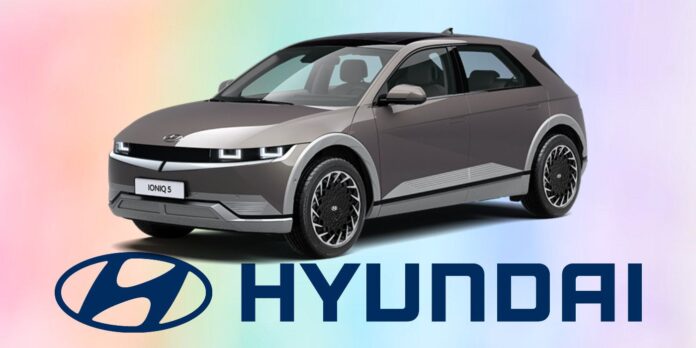Converting to electric is inevitable, says the R&D Chief
In a move that clearly marks the end of the road for internal combustion engines (ICE), South Korean automobile manufacturer Hyundai has shut down its engine development division, The Korea Economic Daily (KED) reported, citing industry sources.
Even as we cover updates that move us towards an electric mode of transportation, there is also the other side that does not think that battery-powered electric vehicles are our only options. Even as countries and carmakers came together on the sidelines of COP26 to ban ICE vehicles by 2040.
In the few months since, there has definitely been a change of heart and strategy in Hyundai Motors according to the recent announcement.
According to the KED report, the shutting down of the engine development division is a major step for the South Korean company that began developing its own engines in 1983. It took the company eight years to roll out its Alpha engine while its successors have enabled the company to become one of the five most preferred brands on a global scale. The Namyang Research and Development (R&D) Center focused on engine development employs about 12,000 engineers who have now received a change in their responsibilities. In an email to employees, the newly appointed R&D chief, Park Chung-kook called their own engine development “a great achievement” but called for “a change in the system to create future innovation” as it was “inevitable to convert into electrification,” KED reported.
Systemic changes include changing the focus of teams that focused on powertrains to electrification development, engine design unit to an electrification design center as the powertrain development center changes to the electrification test center. In automotive engineering terms, an electric vehicle does not have a powertrain, since the motors do not generate power from the fuel. Instead, it has a drivetrain that delivers the stored power to drive the wheels.
Park added that the reorganization aimed to help the company with the immediate task of innovating to develop vehicles that dominate the future market. KED reported that EVs are likely to dominate the automobile market by 2030 as against the previously estimated timeline of 2040.
Hyundai will also focus on raw materials for batteries and semiconductors since they also occupy an important place in the automobile supply chain, something that became evident during the pandemic, KED reported.

its very good initiative by the Hyundai. because climate disaster are coming on our head if we don’t relies and don’t take this kind of initiative
Comments are closed.